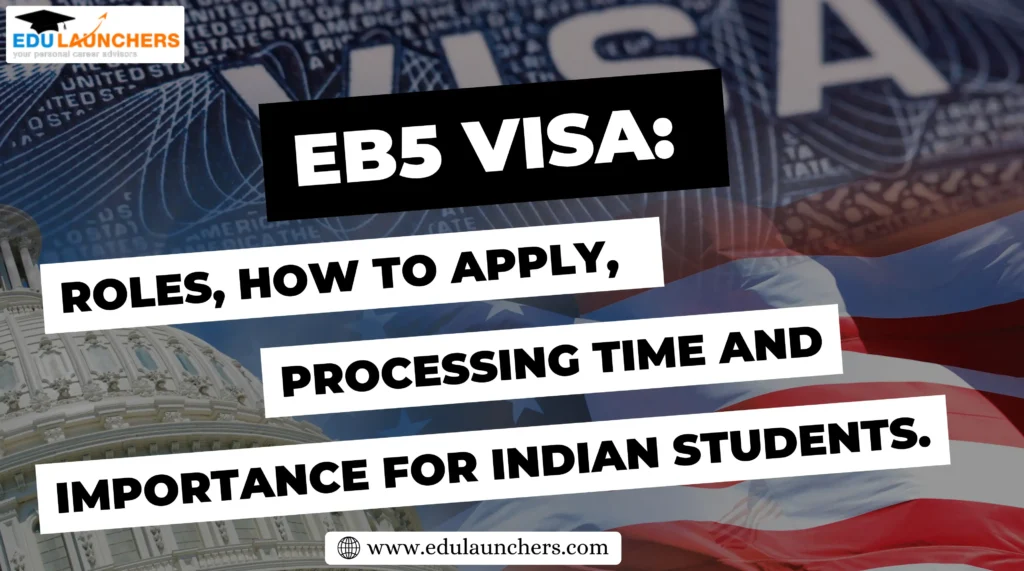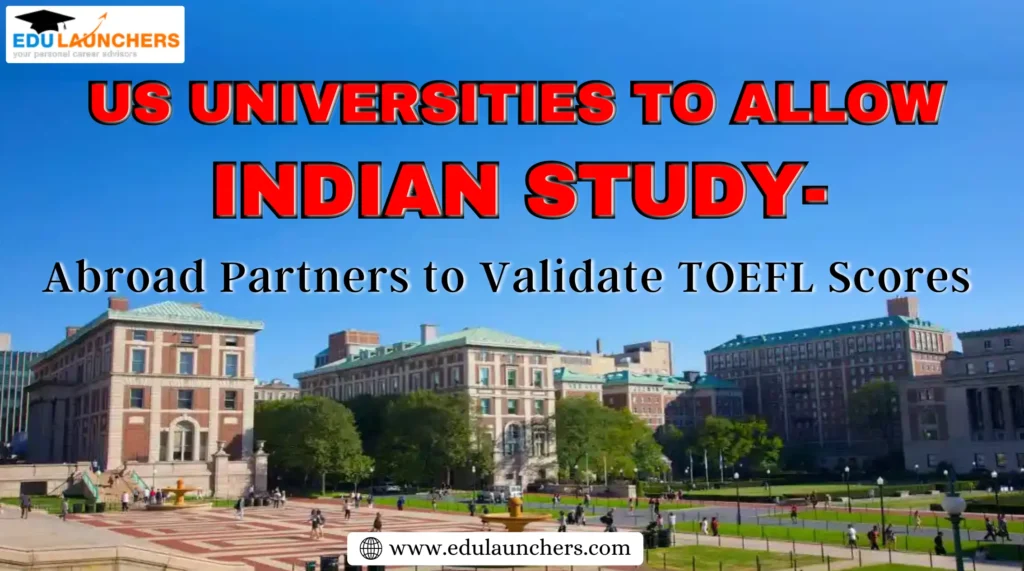Study in Australia
Studying in Australia is a pleasant experience since it offers a wide variety of courses, good research possibilities, and high-quality education. This guide will cover a variety of topics, such as courses, fees, visa procedures, and more, for Indian students considering studying in Australia.
Why Study in Australia?
Australia has become a popular destination for international students, including those from India. Offering a diverse range of courses, high-quality education, and excellent research opportunities, studying in Australia is a rewarding experience. In this guide, we will explore various aspects of studying in Australia for Indian students, including courses, costs, visa requirements, and more.
- Enjoy our renowned quality of life
- High quality education options
- Affordable options
- Innovative and Abundant Research Opportunities
- Immigration Possibilities
- Healthy and Safe Communities
Quick Facts
- A world-class education is available in Australia.
- The Australian Government has invested more than a $300 million in scholarships for international students.
- Students from India can find jobs in Australia during and after their studies.
- The living and study experience in Australia is considered satisfactory by almost 90% of international students.
- Nearly 700,000 international students live in Australia.
Steps to Start Studying in Australia
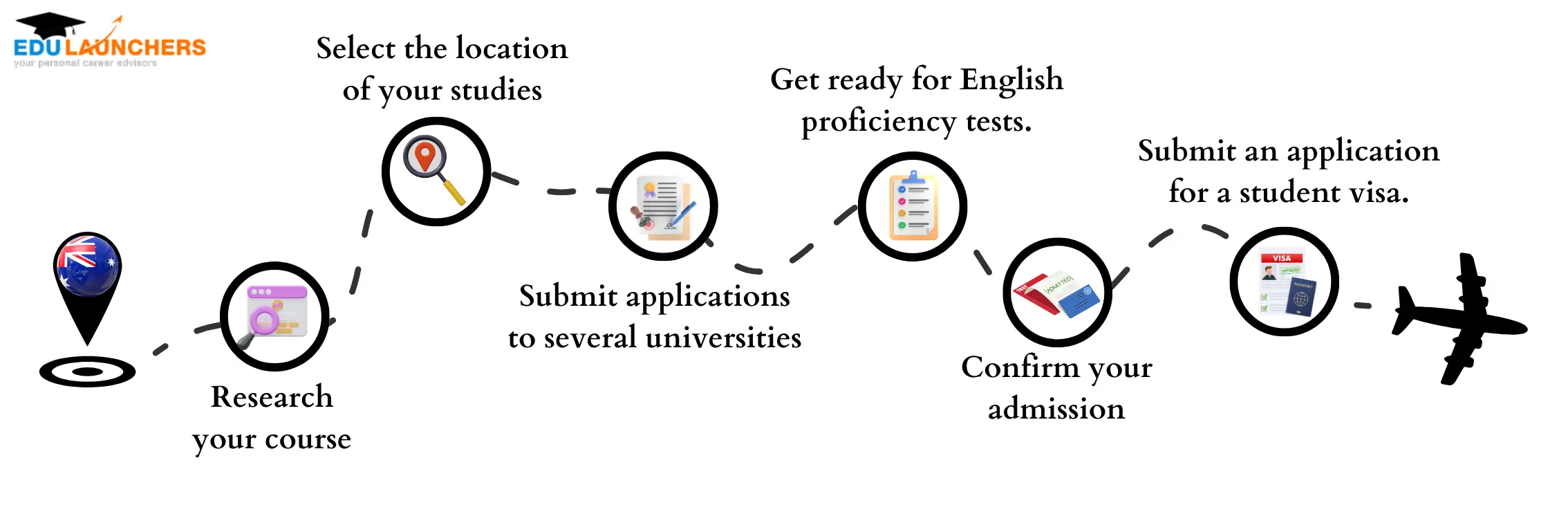
Benefits of Studying in Australia
- Scholarship benefits for international students
- Best student-friendly cities
- Post-study work visa
- Easy and affordable cost of living
Higher Study Options
| Part-time work duration allowed | Post-study work permit | Can departments work full-time? |
Bachelors | 20 Hours per week | 4 Years | Yes |
Masters (MS/MBA) | 20 Hours per week | 5 Years | Yes |
Eligibility to Study in Australia
- To qualify for graduation, a minimum of 60% must be attained from a university recognized by UGC or AICTE.
- The completion of a graduation degree is mandatory within the specified timeframe, without any gap years. For instance, a 3-year degree like B.Com should be completed within 3 years, and a 4-year degree like Engineering should be finished within 4 years.
- During the graduation period, individuals should not exceed 10 backlogs to meet the eligibility criteria.
Work Authorization for Students
In Australian universities, international students have the flexibility to engage in on-campus or off-campus employment for up to 20 hours per week during university semesters and full-time during breaks, such as winter or summer holidays, without the requirement of a work permit. International students enrolled in programs that mandate work experience, such as co-op or internship programs, are encouraged to explore and participate in these valuable opportunities.
Requirements for Students Applying to Australian Universities
To be eligible to study in Australia, you must meet the following criteria:
- Completely Filled Application Form. This is a general form to be filled by the applicant which will contain general details of the applicant. This form will include some questions about nationality, reasons to apply for a visa, and a few yes/ no questions.
- TOEFL/IELTS. One of the tests one can take is TOEFL (Test of English as a Foreign Language). Another test one can take is IELTS (International English Language Testing System). Both of these tests contain questions related to the reading/writing and reasoning skills of an individual, each section contains 200 – 800 marks, and a combined score is given from 400-1600.
- Academic Certificates. These include all the certificates and report cards that the applicant holds like diploma, high school degree, graduation degree, and master’s degree.
- Photo Copies of the first and last pages of your passport.
- Job Experience Certificates (If available). If the applicant has any previous job experience they must attach their experience letter.
Educational Requirements to Study in Canada
Study Options | Educational Requirement | Minimum Required Percentage | IELTS/PTE/TOEFL Score | Backlogs Information |
Bachelors | 12 Years of Education (10+2) | 60% | Overall, 6.5 with 5.5 in each band | Up to 10 backlogs (some private hospital universities may accept more) |
Masters (MS/MBA) | 3/4 Years of Graduate Degree | 65% | Overall, 6.5 with no band less than 6 |
Study in Australia Cost for Indian Students
| S.No | Education Level | Cost/Year |
| 1. | Undergraduate Bachelor Degree | AUD 20,000 – 45,000 |
| 2. | Postgraduate Master’s Degree | AUD 22,000 – 50,000 |
| 3. | Doctoral Degree | AUD 18,000 – 42,000 |
| 4. | Vocational Education and Training | AUD 4,000 – 22,000 |
| 5. | English language studies | AUD 300 per week |
| S.No | University | Top Courses |
| |
| 1. | Australian National University | Bachelor of Philosophy (Hons) Science; Master of Applied Data Analytics; Master of Museum and Heritage Studies; Master of Engineering in Electrical Engineering | $46,000-48,000 | |
| 2. | University of Sydney | MBA; Master of Engineering (Software Engineering); Bachelor of Science (Health); Bachelor of Economics | $50,000-54,000 | |
| 3. | University of New South Wales | Master of Mining Engineering; Bachelor of Science (Advanced Mathematics); Bachelor of Engineering (Hons) (Mechanical); Bachelor of Engineering (Mechanical & Manufacturing) | $7,000-11,000 | |
| 4. | University of Melbourne | Bachelor of Agriculture, Master of Architectural Engineering; Master of Business Analytics | $45,000-47,000 | |
| 5. | Monash University | Bachelor of Architectural Design; Master of Information Technology; Master of Data Science; Master of Advanced Nursing | $37,000-45,000 |
Upcoming intakes in Australia
Australian universities and colleges offer 3 intakes; 2 major intakes and 1 minor intake. We recommend applying well in advance, as admissions and scholarships become more competitive as the deadline approaches. It is advisable to submit your application 6 to 9 months before the commencement of the academic session for better chances of success.
Intake 1 | Intake 2 | Intake 3 |
February | July | November |
Study Options | Duration | Intake Months | Deadline to Apply |
Bachelors | 3-4 Years | Feb, July (Major) & Nov (Minor) | 6 – 9 months before the start of the academic session |
Masters | 1.5-2 Years | Feb, July (Major) & Nov (Minor) |
Popular Universities in Australia

Curtin University, Perth

RMIT University

The University of Queensland

University of New South Wales, Sydney

Australian National University

Deakin University, Melbourne

Monash University, Melbourne

University of Adelaide
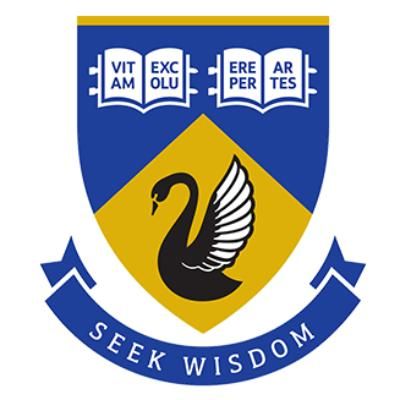
University of Western Australia, Perth

University of Sydney
Top 5 Universities in Australia 2024
Global rank | Universities |
30 | Australian National University |
33 | University of Melbourne |
41 | University of Sydney |
45 | University of New South Wales |
50 | University of Queensland |
Popular Courses in Australia
Types of Australia Student Visa
Visa Options:
Student visa (subclass 500)
With this visa you can take part in any eligible course of study at the university, you can also travel in and out of Australia and work up to 48 hours a fortnight when your course of study is in action. Your stay will be for a limit of 5 years.
Under the Student visa (Subclass 500), visa holders are entitled to:
- Enroll in an eligible course of study and actively participate in it.
- Bring family members to Australia as dependents.
- Travel to and from the country as needed.
Engage in work for up to 40 hours every two weeks during the duration of the course.
Student Guardian visa (subclass 590)
This is a temporary visa and your stay will depend on the student visa holder. You’ll be in the country to provide care to the student who is under the age criteria of 18 years.
Training visa (subclass 407)
This visa allows you a stay of about 2 years. This ensures your visit is a training-based program. To improve your skills and job expertise.
The Australian student visa is valid for up to 5 years, depending on the course duration. It can be extended if required, and applications for visa extensions can be made even from India.
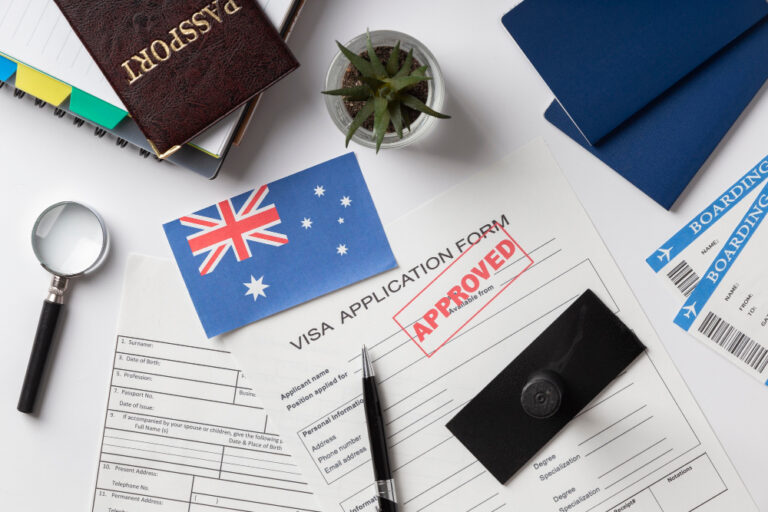
Australia Student Visa Requirements
- Proof of English Proficiency. One of the tests one can take is TOEFL (Test of English as a Foreign Language). Another test one can take is IELTS (International English Language Testing System). Both of these tests contain questions related to the reading/writing and reasoning skills of an individual, each section contains 200 – 800 marks, and a combined score is given from 400-1600.
- Letter of Offer (LOA). This is an official document from the college or university that you have applied to indicating that you have been accepted for the requested program. No other document is necessary in the university for acceptance other than a LOA.
- Confirmation of Enrolment (CoE). This document provides proof that you have accepted the enrollment and you have accepted your place at the university. This letter contains information about your identity and which program you have requested for with duration of your study.
- Genuine Temporary Entrant (GTE) Requirement. This document is based on the information given by Australian Home Affairs to avoid any unnecessary delay in the student visa process. This contains all personal information and any other intent to remain in the country.
- Proof of Funds. There are a variety of ways to obtain any proof of your funds. These include your payment account, workplace, money from any banks, or any type of lenders that can be friends or relatives.
- Overseas Student Health Cover. This not only helps you to get to Australia but also helps to pay for any medical and hospital care and protect your health. Getting this document will give you peace of mind and ensure you are not paying anything more than required.
- Character Requirement. These requirements ensure that you have a non-criminal record have never been convicted and are not escaping from immigration detentions. Your past and present criminal records are to show that you are of good character.
Visa Processing Time
Processing Time for Australia Study Visa is around 59 Days. This grants foreign national to reside and study in Australia. This visa remains valid all through their study and education program. This visa can be for a maximum of 5 years and the processing is done easily through home affairs department. The processing time can be within four weeks so you should apply around 3 months before your start of the course and you can also travel earlier if required.
How to get a Student Visa for Australia?
Step 1: Check whether you qualify for a student visa to Australia.
Step 2: Sort the papers on the checklist.
Step 3: Submit an online visa application.
Step 4: Await the outcome.
Sep 5. Go for education in Australia.

Study in Australia After 12th
Indian students can enroll in undergraduate programs in Australia after completing their 12th grade or its equivalent. Indian students are accepted immediately into bachelor’s degree programs at a number of universities and institutes. Certain establishments could demand further credentials or the successful completion of a foundation or route program. It’s crucial to find out the precise prerequisites for the chosen program and university.
Diploma Courses in Australia for Indian Students
With a practical and vocational focus, diploma programs give students specialized skills for the workforce. Indian students can choose from a variety of diploma programs offered by Australian universities following their completion of the 12th grade. Diplomas in digital media, information technology, hospitality management, early childhood education, and automotive engineering are popular choices.

Scholarships Provided to Students
Scholarship name | Amount per year |
Australian Government Research Training Program Scholarship | 40,109 AUD |
Broker Fish International student scholarship | 1,000 AUD |
The University of Sydney International Scholarship | 40,000 AUD |
CQU International Student Scholarship | 15,000 AUD |
CDU Vice-Chancellor’s International High Achievers Scholarships | 15,000 AUD |
Macquarie Vice-Chancellor’s International Scholarships | 10,000 AUD |
Griffith Remarkable Scholarship | 22,750 AUD |
The Australian Universities/Colleges scholarship amounts and programs are subject to change, so it’s important to check the individual websites for the most recent details. Indian students should also confirm the requirements for eligibility and the application process.
Why Choose EduLaunchers for Studying in Australia?
All students who want to study abroad can get assistance from Edulaunchers, an effective study-abroad consultant in India. Making the entire process of studying abroad enjoyable, simple, and hassle-free is our passion. We have extensive experience sending students to the UK, Australia, Canada, Germany, and New Zealand. Edulaunchers, an Indian company, was founded in 2018 to make the process of selecting the best institution and university hassle-free for students. Additionally, we offer students complimentary consultations that are tailored to their learning objectives and desires.
Our Latest Blog
Recently Asked Question
Studying in Australia offers high-quality education, diverse courses, vibrant culture, and excellent career prospects, making it an attractive destination for international students.
Generally, undergraduate programs in Australia require completion of the 12th standard or equivalent. However, some institutions offer foundation or pathway programs for students who have completed their 10th standard.
The cost of studying in Australia varies depending on the course, institution, location, and lifestyle choices. On average, international students should budget between AUD 20,000 to AUD 45,000 per year for tuition fees. Additionally, living expenses, accommodation, health insurance, and other costs should be considered.
Australian universities generally accept students who have completed their 12th standard or equivalent within the past two years. However, some universities may consider applicants with a longer gap on a case-by-case basis. It is advisable to check with the specific institution for their policy on gap years or gaps in education.
To apply for a study visa (subclass 500) in Australia, you need to follow these steps:
- Choose a course and receive an offer of admission from an Australian educational institution.
- Create an account on the Australian government’s online application portal called ImmiAccount.
- Complete the online application form, providing accurate information and supporting documents.
- Pay the visa application fee.
- Attend a health examination if required.
- Wait for the visa decision. If approved, you will receive a visa grant notification.
There are several scholarship opportunities available for international students to study in Australia. The Australian government, educational institutions, and other organizations offer these scholarships. To apply for scholarships, you need to research and identify the scholarships for which you are eligible. Typically, scholarship applications require academic excellence, leadership skills, and other criteria specific to each scholarship program.
The English language proficiency requirement for admission to Australian universities is generally higher than 6 bands in IELTS. Most universities require a minimum score of 6.5 or 7.0, with no individual band score below 6.0 or 6.5. However, language requirements may vary among institutions and courses, so it is essential to check the specific requirements of the chosen university or college.
Yes, studying in Australia can provide an opportunity to obtain Permanent Residency (PR). The Australian government offers various pathways for international students to apply for PR, such as the Graduate Visa (subclass 485), Skilled Independent Visa (subclass 189), Skilled Nominated Visa (subclass 190), and Skilled Work Regional (Provisional) Visa (subclass 491). Each visa has eligibility criteria, including work experience, skills assessment, and points-based systems.
The general requirements to study in Australia are as follows:
- Academic qualifications: Completing the 12th standard or equivalent for undergraduate programs and a bachelor’s degree or equivalent for postgraduate programs.
- English language proficiency: Proficiency in English is typically demonstrated through language tests like IELTS, TOEFL, or PTE Academic.
- Financial capacity: Sufficient funds to cover tuition fees, living expenses, and other costs during the study period.
- Health and character requirements: Meet the health and character criteria set by the Australian government.
- Visa requirements: Apply for and obtain a valid student visa (subclass 500).
While IELTS is Australia’s most commonly accepted English language proficiency test, some universities and colleges may offer alternative options. These alternatives may include other language tests like TOEFL or PTE Academic or proving English proficiency through previous study in English-speaking countries.





